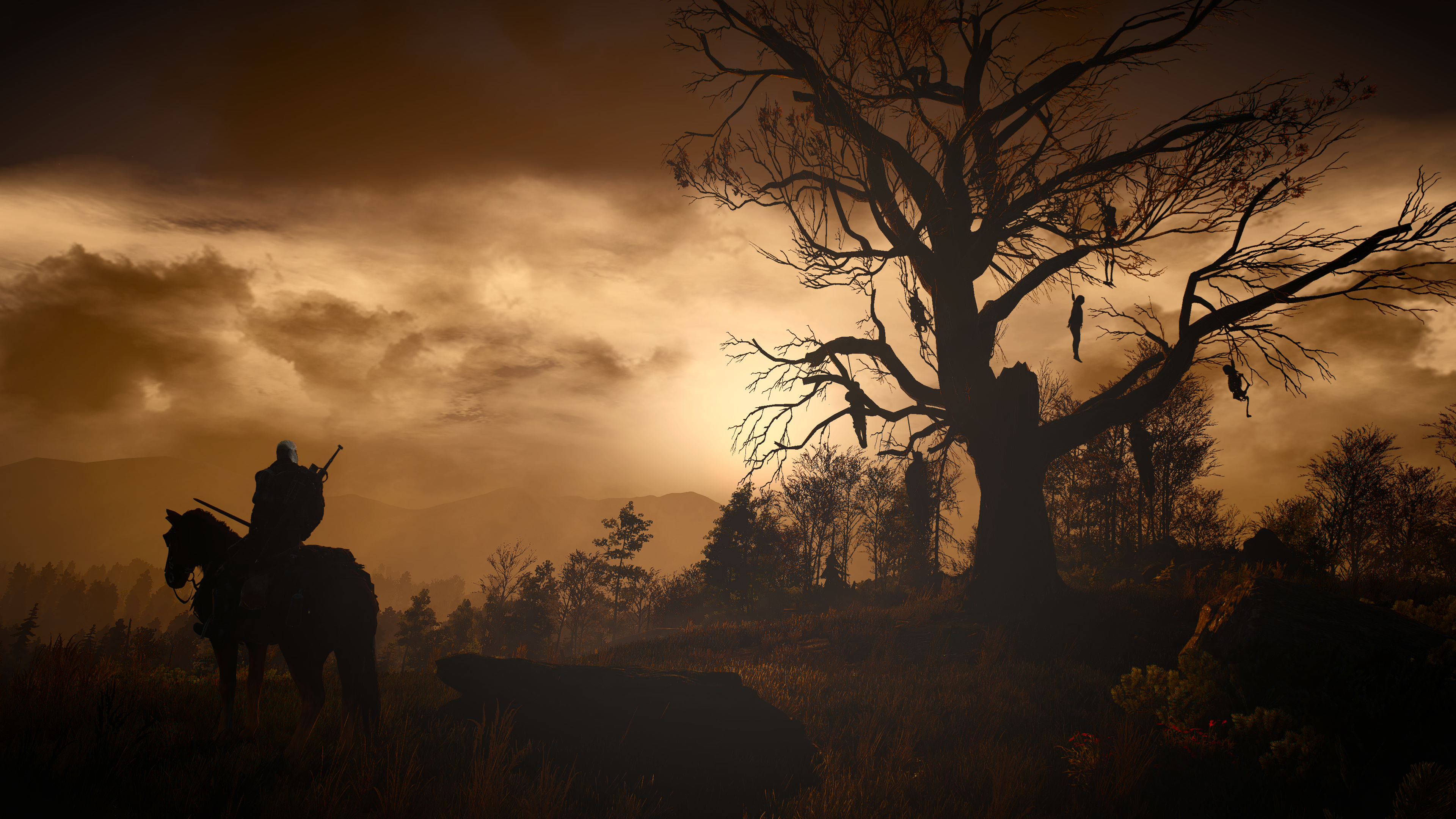Der Untergang [2004]
Director: Oliver Hirschbiegel
Actor: Bruno Ganz
Der Untergang, or “The Downfall,” tells the story of the last days of Adolf Hitler as he slowly slips further down into his insanity, plagued by defeat, betrayal as well as the almost undying loyalty of most of his people. Everything weighed down heavily on Adolf Hitler the last few days in the bunker underneath Berlin.
The movie, heavily critised for showing Hitler’s humanity, shows a side of the war that very few people have ever seen, mostly because of lack of interest. When thinking of the second world war, people don’t want to think of the Germans as people, but rather as the enemy. People don’t want to think of Hitler the man, but rather as Hitler the monster.
After the war Germany slowly came to grips with the scope of the war, the attrocities and the wide spread genocide. Many simply couldn’t believe it, and so the Germans started the first of four phases of WWII education. The first phase was to educate the people about the war. The second phase to educate about the events behind the war that few had any knowledge of. (Read: the attrocities.) These two phases were hardly emotional and information was delivered with a certain amount of dispassionatism, in order for the Germans to get used to certain concepts without immediately feeling guilty and defensive.
This film is from the fourth and final phase; with all the emotional content necessary for the full weight of the war to come crashing down on a well-prepared nation of Germans.
The film starts with a small audio-clip from an interview with Traudl, Hitler’s personal secretary during the war and main character from the film, from 2002, the year she passed away. The film also ends with a small part of the interview, video this time, in which she realises that while she didn’t know about the genocide, she could’ve known, had she wanted to, and the guilt she felt for being so naive.
In between, the film is a tale of the almost surreal moments in Berlin, right before the Russians marched in and cleaned house. Hitler, surrounded by his generals and Feldmarschalls, convinced that the fall of Berlin is not a given, while most of his generals have accepted what he has not; that the war is over and that capitulation is the only option for the German people’s survival. Hitler, wracked by feelings of betrayal at such heresy, refuses to believe it. What struck me was how many of the generals said; “We capitulated in 1918. We will never do that again,” indicating clearly how the Treaty of Versailles – known among many Germans as the Versailles Diktat, which shows just how they experienced it – was considered a humiliation of the highest order.
From the Hitler Jugend getting rewarded the Iron Cross for successfully operating the anti-tank cannons, to the drunken debauchery of the mid-level officers who had already given up on the war, to the massive loyalty to an insane leader, to the scene in which everyone seems to be discussing the best ways to commit suicide, this film is full of surreal moments, in which you can’t quite believe, though fully realise, that this is the way it must’ve been near the end of the war.
The film ends, as I said, with a small clip from the interview with Traudl, followed up with a summary of what happened with most of the men and women in the film after the capitulation. What struck me, most of all, and which made me incredibly emotional, was that the SS officer who went into Hitler’s room, to confirm that he and Eva Braun had commited suicide is still alive today, living in Hamburg. It’s the thought that in another few years the generation that had first hand accounts of a war that was so detrimental to the formation of our society today will no longer be there to tell us about it.
History gets written by the victor, or so the saying goes. But I think that in recent years, unless a people have been wiped out or surpressed in the aftermath of a war, they have had a chance to tell their tale. To make sure that historical accounts didn’t get muddled up. The German survivors of the second world war are probably one of the first generations of war-survivors to be able to do that, and it took them nearly 60 years to do it.
